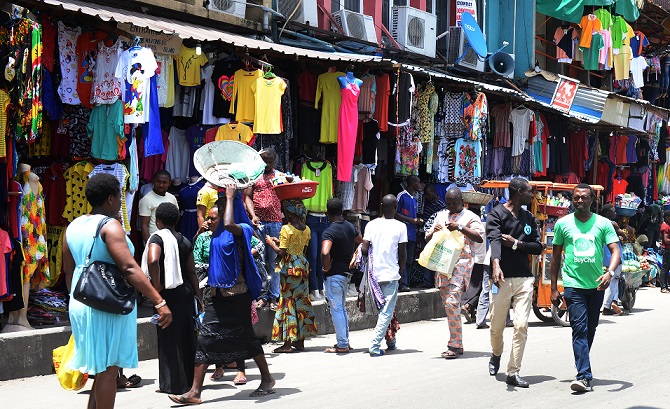Within the last decade, Africa has witnessed the entries and exits of players in the online classifieds space.
In the last couple of years alone, the Nigerian market, in particular, has seen the exit of popular platforms like Efritin, Mobofree, and OLX whose assets were acquired by rival, Jiji, earlier in the year. There are also numerous, less prominent ones that have equally bitten the dust.
Suggested Read: Poor internet penetration, Efritin’s departure and the state of Nigerian eCommmerce
Nonetheless, entrepreneurs are still excited about the African online classifieds sector, banking on the continent’s increasing Internet penetration.
New classifieds platforms are still being launched with one of the newest players in the sector recently acquired by a Canada-based company. Opera also recently launched OList.
On whether online classifieds work in Nigeria, Jiji Country Manager in Nigeria, Yuliy Shenfeld, told Techpoint earlier in the year that the company, with a 30-50% yearly growth over the past few years, is proof that classifieds marketplace works in the country.
Jiji’s path to becoming an African giant
After acquiring OLX — its major competitor in Nigeria — earlier in the year, Jiji now maintains a presence in 4 other African countries.
The company also recently got $21 million in a series C funding that was led by UAE-based Knuru Capital.
The new funding round, according to the Jiji co-founder and CEO, Anton Wolyansky, will allow the company to focus on strengthening its positions in its markets.
“The investments will go towards marketing mainly. We are focused on developing our overall audience as well as improving the IT side of the business,” he said.
In an interview with Techpoint, Wolyansky shared insights into the company’s path to becoming the biggest classifieds platform on the continent.
The platform currently has over a million and a half active ads with close to 10 million unique users per month in its markets — Nigeria, Ghana, Kenya, Tanzania, and Uganda.
“Jiji uses monthly unique users indicator on Google analytics,” Wolyansky said in response to a question on how the platform determines its unique users.
Suggested Read: Jiji’s bold attempt to win Africa and the state of online classifieds on the continent
Nigeria continues to be key for Jiji
Nigeria accounts for about 70% of Jiji’s market and it’s the only country that the platform currently makes money from. Interestingly, most of its revenue comes from motor vehicle and real estate listings.
“We are constantly experiencing growth in the number of paying sellers,” he said.
For the long run, Jiji is banking on the prospect of smartphone penetration in Africa for its future market.
Jiji is looking forward to capturing not less than 20% of the over 200 million projected smartphone users in its African markets within the next five years.
Expected to account for about 143 million of the projected figure, Nigeria will continue to be its biggest market.
Wolyansky believes this will position the platform as one of the biggest in the world after China, the US, and India.
He claims that even prior to OLX’s exit, Jiji was the biggest player in the Nigerian market.
Before exiting, OLX had a Do-It-For-Me (DIFM) service with OLX champs helping people to buy and sell on the platform for a commission.
Apparently, the acquisition deal doesn’t include this product. When asked whether Jiji is working on something similar, he responded in the negative.
“We see that it is expensive and not effective.”
Jiji currently has no plans to expand to more African countries as it would be consolidating its position in its current markets.
“In a few years at least, we will be focusing on these five countries,” he said.
Protecting users on the platform
Commenting on fraudulent activities on the online classifieds marketplace, the Jiji CEO acknowledges them but also affirms that such activities have reduced.
“We now have less than 1% of fraud on the platform,” he claims.
Wolyansky said the platform never stopped warning buyers about making pre-payments or meeting sellers in secluded places.
The platform also has a few verification processes in place in order to protect buyers. One of these is calling sellers to confirm their authenticity while also calling buyers to ask about their experiences with the sellers.
Worthy of note is that Jiji doesn’t call all sellers on its platform. However, merchants whose ads get many views are more likely to get a verification call than those whose ads have few views.
According to Wolyansky, there is a 50-50 chance that a seller on the platform gets a verification call.
Also, any user whose activities are suspicious will get a verification call.
Is Jiji really proof that online classifieds work in Nigeria as Shenfeld claims? It appears we would have to wait a couple more years to find out.










